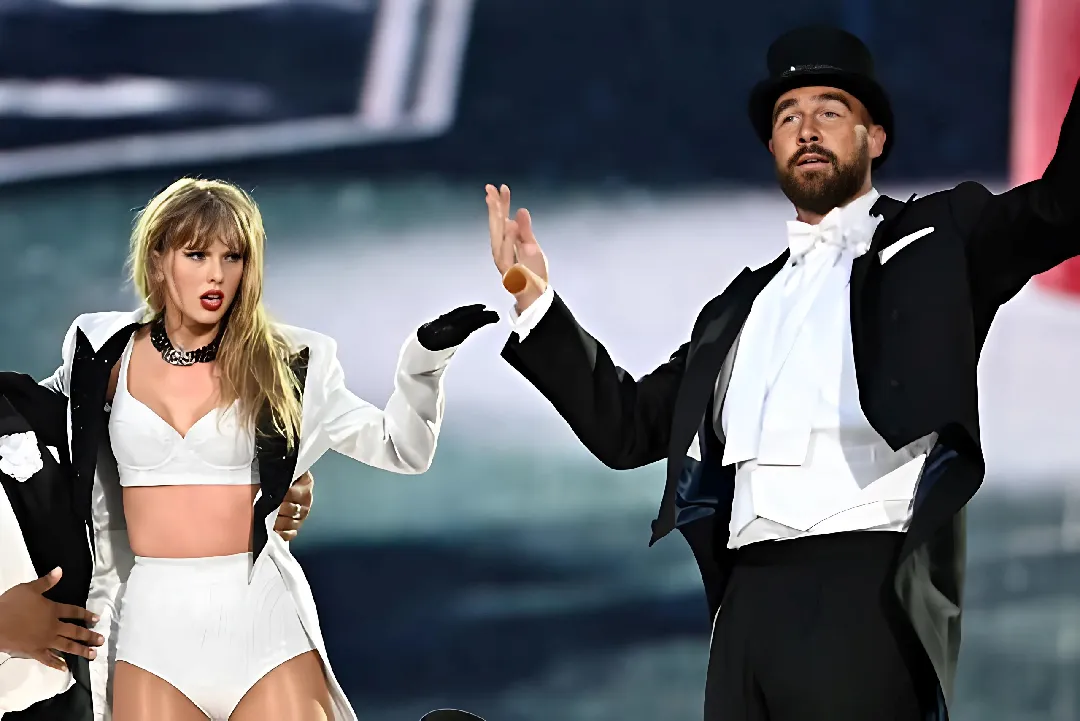Harrison Butker's recent graduation address at Benedictine College in Kansas has sparked a significant amount of controversy, shedding light on a reality within the Catholic Church in the United States today.

As a professional American footballer, Butker's remarks about the role of women in society and the importance of family have ignited a heated debate, drawing attention to the complexities of free speech and social acceptance in contemporary American culture.
In his speech, Butker expressed his belief that the majority of women in the audience were most excited about their future roles as wives and mothers, rather than their careers.
He also criticized Joe Biden's stance on abortion, emphasized the importance of fatherhood, and voiced his opposition to surrogacy and Pride Month. However, it was his comments about women's primary role as mothers that garnered the most attention and backlash.
Many critics have taken issue with Butker's assertion that women find their greatest fulfillment as the mainstay of the home and primary educators of their children.
The controversy surrounding his speech highlights the sensitive nature of discussions about gender roles and the traditional family structure in contemporary society.
Butker's comments have sparked a broader conversation about the boundaries of acceptable public discourse and the societal expectations placed on individuals, particularly those in the public eye.
The reaction to his speech raises important questions about the freedom of expression and the social pressures faced by individuals who hold views that diverge from mainstream narratives.
It is essential to consider the substance of Butker's remarks and the context in which they were delivered.
While some have criticized his views as regressive or out of touch with modern values, it is crucial to recognize that Butker did not explicitly state that women should not pursue careers or that their fulfillment is solely derived from motherhood.
Instead, he emphasized the value of motherhood and the vital role it plays in society—a viewpoint that aligns with Catholic social teaching.
The disproportionate backlash that Butker has faced for expressing his convictions underscores a concerning trend in contemporary society.

The prevalence of social media and the echo chambers it creates have amplified public scrutiny and condemnation, often without a thorough understanding of the complete context or content of an individual's statements.
Moreover, Butker's courage in speaking out about his beliefs reflects a broader reality within the Catholic Church in America.
Laypeople like Butker are increasingly taking up positions of leadership within the Church and using their platforms to advocate for their convictions.
This shift signals a growing assertiveness among Catholic laity in addressing social realities and engaging in public discourse on matters that align with their faith.
In light of the controversy surrounding Butker's speech, it is important to recognize the diversity of perspectives within society and to foster open and respectful dialogue on contentious issues.
While individuals may hold differing views on gender roles, family dynamics, and social values, it is essential to uphold the principle of free speech and to engage in constructive conversations that promote understanding and empathy.
The reaction to Butker's address serves as a reminder of the complexities inherent in navigating public discourse, particularly when addressing sensitive topics such as gender, family, and faith.
As society continues to evolve, it is imperative to approach these discussions with nuance and an openness to diverse viewpoints, recognizing that respectful dialogue is essential for fostering a more inclusive and understanding community.
In conclusion, Harrison Butker's courageous convictions have brought to light the challenges and opportunities present within the Catholic Church in America today.
His willingness to speak out about social realities and his commitment to upholding his faith reflect a broader trend of laypeople taking on leadership roles within the Church.
The controversy surrounding his speech underscores the need for open and respectful dialogue on contentious issues, emphasizing the importance of free speech and constructive engagement in addressing societal complexities.
As we navigate these conversations, it is essential to approach differing viewpoints with empathy and understanding, recognizing the value of diverse perspectives in shaping a more inclusive society.



